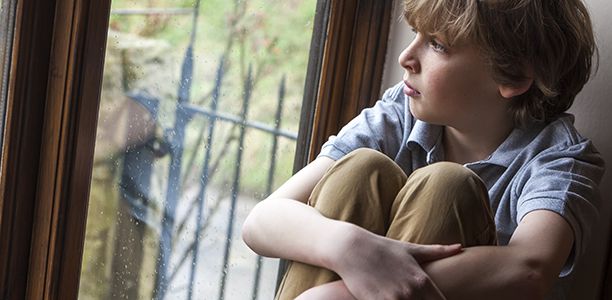Curtin University researchers have trialled a program which has shown potential to significantly reduce short-term depressive symptoms and emotional difficulties in Western Australian (WA) children attending low socio-economic status (SES) primary schools.
As part of the study, 467 Year 4 students from 11 schools ranked among WA’s largest (top 50%) and poorest (bottom 30%), were assigned to an intervention group and treated with the Curtin- developed Aussie Optimism Program-Positive Thinking Skills (AOP-PTS) tool.
Another 443 students from 11 different schools – also assessed as low SES – were assigned to a control group and received only their regular health education curriculum.
Lead researcher Dr Rosanna Rooney, from Curtin’s School of Psychology and Speech Pathology, said the results were encouraging.
“Students completed questionnaires on depression and anxiety, with those identified as being at risk subject to further computerised assessment. Parents, meanwhile, were asked to report on children’s externalising and internalising problems at home,” Dr Rooney explained.
“The AOP-PTS tool was previously trialled in 2006 but this is an expanded version, with 10 one-hour modules able to be implemented by school teachers rather than psychologists.
“The tool uses cognitive and behavioural intervention strategies to target social, emotional and cognitive risk, as well as protective factors for anxiety and depression. It teaches children to identify and challenge negative thoughts about self, current life circumstances and the future.
“Children in the intervention group reported a significant reduction in depressive symptoms and parent- reported emotional difficulties after taking part in the program.”
An Australian National Youth Mental Health survey in 2000 reported that 14% of children and adolescents experienced mental health problems and anxiety and depression have been identified as the most common of these.
Dr Rooney said further investigation was required to determine whether the AOP-PTS could have an impact in the long term.
The 910 participants were assessed before taking part in the program and immediately after it and then again at six and 18-month follow-ups.
“For both the intervention and control groups, there were no significant post-baseline changes in incidence and recovery rates for depression, anxiety or internalising symptoms,” Dr Rooney said.
“These findings suggest that AOP-PTS has the potential to treat symptoms of depression in the immediate term but that the effects were not sustained, although there was evidence of improved emotional resilience up to six months following the program.”
Dr Rooney was joined in the study by her Curtin colleagues Dr Sharinaz Hassan, Dr Robert Kane, Associate Professor Clare Roberts and Dr Monique Nesa.
The research “Reducing depression in 9-10 year old children in low SES schools: A longitudinal universal randomised controlled trial” was published in Behaviour Research and Therapy.
(Source: Curtin University, Behaviour Research and Therapy)










